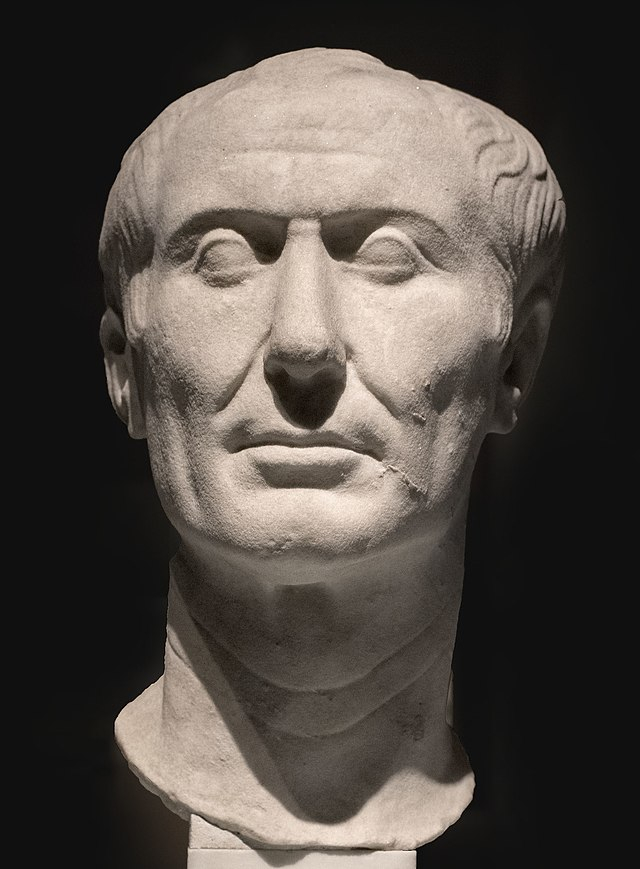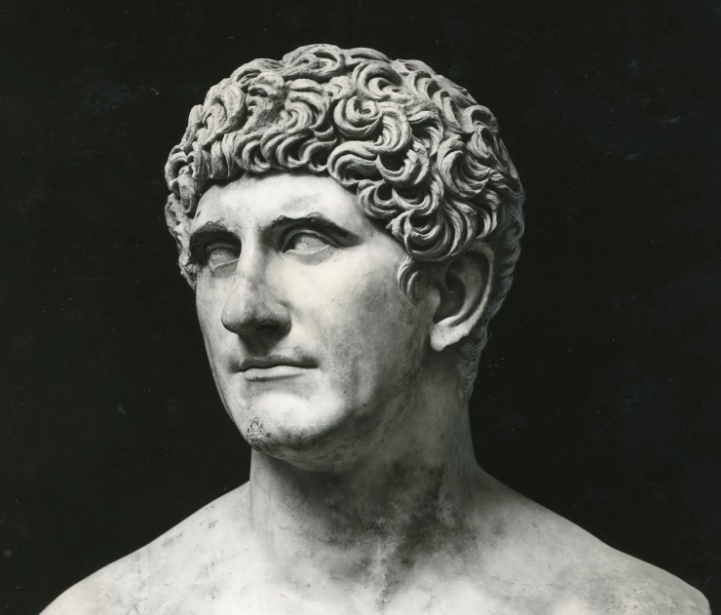Her partners were also political allies
One of the most interesting facts about Cleopatra is that her partners were also political allies. Ptolemy XIII arrived in Alexandria at the head of his army, defying Caesar's order that he disband and depart his army before his arrival. Cleopatra first sent agents to Caesar, but after learning that Caesar was having affairs with royal women, she traveled to Alexandria to visit him in person. According to historian Cassius Dio, she did so without alerting her brother, dressed attractively, and charmed Caesar with her wit. Plutarch gives a completely different, and possibly legendary, account, claiming she was wrapped inside a bed sack and smuggled into the palace to meet Caesar.
When Ptolemy XIII discovered that his sister was in the palace with Caesar, he sought to incite a disturbance in Alexandria, but he was apprehended by Caesar, who used his oratory abilities to quiet the enraged throng. Cleopatra and Ptolemy XIII were subsequently taken before the assembly of Alexandria, where Caesar disclosed Ptolemy XII's previously possessed written testament, which named Cleopatra and Ptolemy XIII as his joint-heirs. Caesar then attempted to arrange for the other two siblings, Arsinoe IV and Ptolemy XIV, to rule over Cyprus together, removing any alternative contenders to the Egyptian throne while also soothing the Ptolemaic.
Cleopatra carefully chose Antony as her heir-producer partner because he was regarded as the most influential Roman figure following Caesar's death. With his triumvirate powers, Antony also had broad authority to return to Cleopatra's old Ptolemaic lands that were now in Roman control. While both Cilicia and Cyprus were clearly under Cleopatra's power by November 19, 38 BC, the transfer most likely occurred earlier in the winter of 41-40 BC, during her time with Antony.









